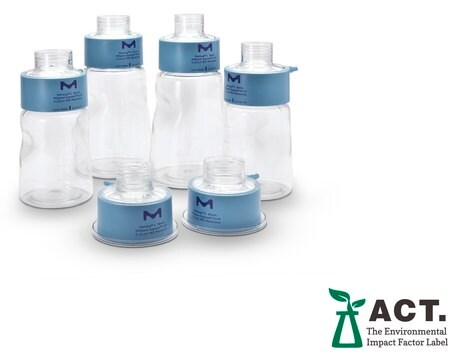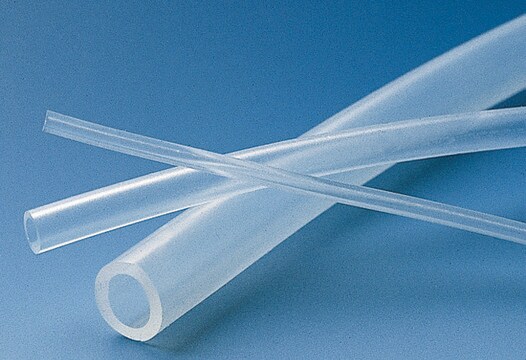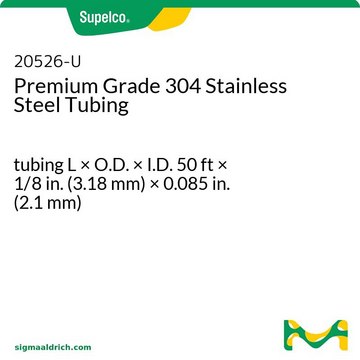WHO NP192 human cell line
NOTE: Both the cell line and DNA from the cell line may be available for this product. Please choose -1VL or VIAL for cells, or -DNA-5UG for DNA.
About This Item
Polecane produkty
pochodzenie biologiczne
human blood
opakowanie
tube of 5 μg 94082240-DNA-5UG
pkg of vial of cells 94082240-1VL
pochodzenie etniczne
East Asian
płeć
male
tryb wzrostu
Suspension
kariotyp
Not specified
morfologia
Lymphoblastoid
metody
cell culture | mammalian: suitable
Warunki transportu
dry ice
Szukasz podobnych produktów? Odwiedź Przewodnik dotyczący porównywania produktów
Opis ogólny
Opis linii komórkowej
Profil DNA
B: 54 46
HLA DRB1: 0405 09
HLA DRB4: 101
HLA DQAP: 3.2 3.1
HLA DQA1: 03 0302
HLA DQB1: 0303 0401
HLA DPB1: 02012 0501
Profil serologiczny
HLA A ief:
HLA C: 1
HLA B: 46 54
pożywka hodowlana
Rutyna subkultury
Inne uwagi
Oświadczenie o zrzeczeniu się odpowiedzialności
Wybierz jedną z najnowszych wersji:
Certyfikaty analizy (CoA)
It looks like we've run into a problem, but you can still download Certificates of Analysis from our Dokumenty section.
Proszę o kontakt, jeśli potrzebna jest pomoc Obsługa Klienta
Masz już ten produkt?
Dokumenty związane z niedawno zakupionymi produktami zostały zamieszczone w Bibliotece dokumentów.
Nasz zespół naukowców ma doświadczenie we wszystkich obszarach badań, w tym w naukach przyrodniczych, materiałoznawstwie, syntezie chemicznej, chromatografii, analityce i wielu innych dziedzinach.
Skontaktuj się z zespołem ds. pomocy technicznej



